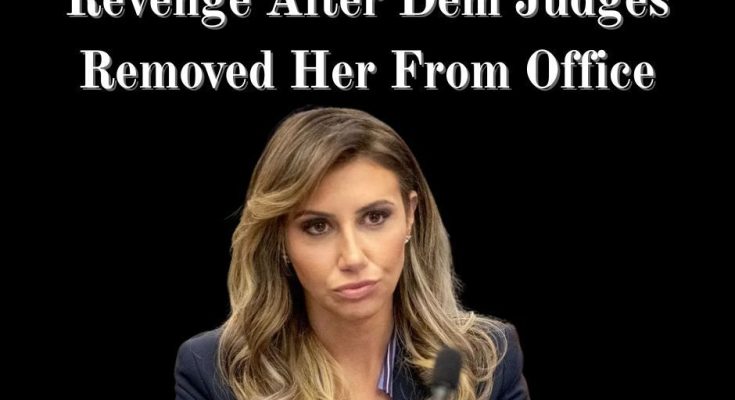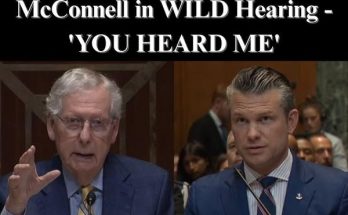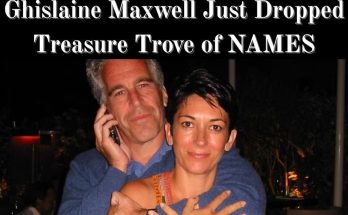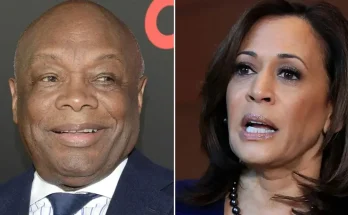NEWARK, NJ – In a dramatic turn of events that saw a direct confrontation between the federal judiciary and the Trump administration, Alina Habba, a prominent lawyer and close confidante of President Donald Trump, has secured her position as the Acting United States Attorney for the District of New Jersey.1 This move comes after a panel of federal judges in New Jersey initially declined to extend her interim tenure, prompting immediate and decisive action from the White House and Attorney General Pam Bondi.
The phrase, “Alina Habba Gets Instant Revenge After Dem Judges Removed Her From Office,” captures the swift and forceful response that led to her reinstatement, transforming what appeared to be a significant setback into a victory for the administration and its chosen appointee.
Habba’s journey to this point has been a whirlwind. Appointed as interim U.S. Attorney in March 2025, her 120-day term was set to expire.2 President Trump had nominated her for the permanent position, but that nomination faced opposition, notably from New Jersey’s two Democratic Senators, Cory Booker and Andy Kim, who withheld their “blue slips” — a practice that effectively stalls nominations without home-state senatorial support.3
On Tuesday, July 22, a panel of federal judges in New Jersey, exercising a rare authority, voted not to extend Habba’s interim term.4 Instead, they moved to appoint Desiree Leigh Grace, Habba’s highly respected first assistant and a career prosecutor, as the new U.S. Attorney.5 This decision was seen by many as a judicial assertion of independence, particularly given the controversy surrounding Habba’s lack of prosecutorial experience and her high-profile, politically charged investigations during her interim tenure, including cases against Democratic figures like Newark Mayor Ras Baraka and U.S. Representative LaMonica McIver.
However, the “removal” was short-lived. Within hours of the judges’ decision, Attorney General Pam Bondi swiftly intervened, denouncing the judges’ actions as “politically minded” and “rogue.”6 The Justice Department promptly fired Grace, effectively blocking her appointment before she could officially assume the role.7
Subsequently, the Trump administration executed a strategic legal maneuver: President Trump withdrew Habba’s nomination for the permanent role. This technicality allowed Habba to resign from her interim position and immediately be re-appointed as the First Assistant U.S. Attorney. Under federal vacancy laws, this then enabled her to automatically ascend to the position of Acting U.S. Attorney, a role she can hold for up to 210 additional days.8
Alina Habba herself confirmed the development on social media, declaring, “Donald J. Trump is the 47th President.9 Pam Bondi is the Attorney General. And I am now the Acting United States Attorney for the District of New Jersey. I don’t cower to pressure. I don’t answer to politics. This is a fight for justice. And I’m all 10in.”
This dramatic turn of events highlights the intense political stakes in federal appointments and the administration’s determination to ensure loyalists are in key positions. While critics decry the circumvention of judicial independence and the potential politicization of the U.S. Attorney’s office, supporters celebrate it as a decisive victory against what they view as partisan attempts to undermine the President’s authority. The situation sets the stage for continued legal and political battles, as Habba now leads one of the nation’s most influential federal law enforcement offices with the full backing of the White House.



